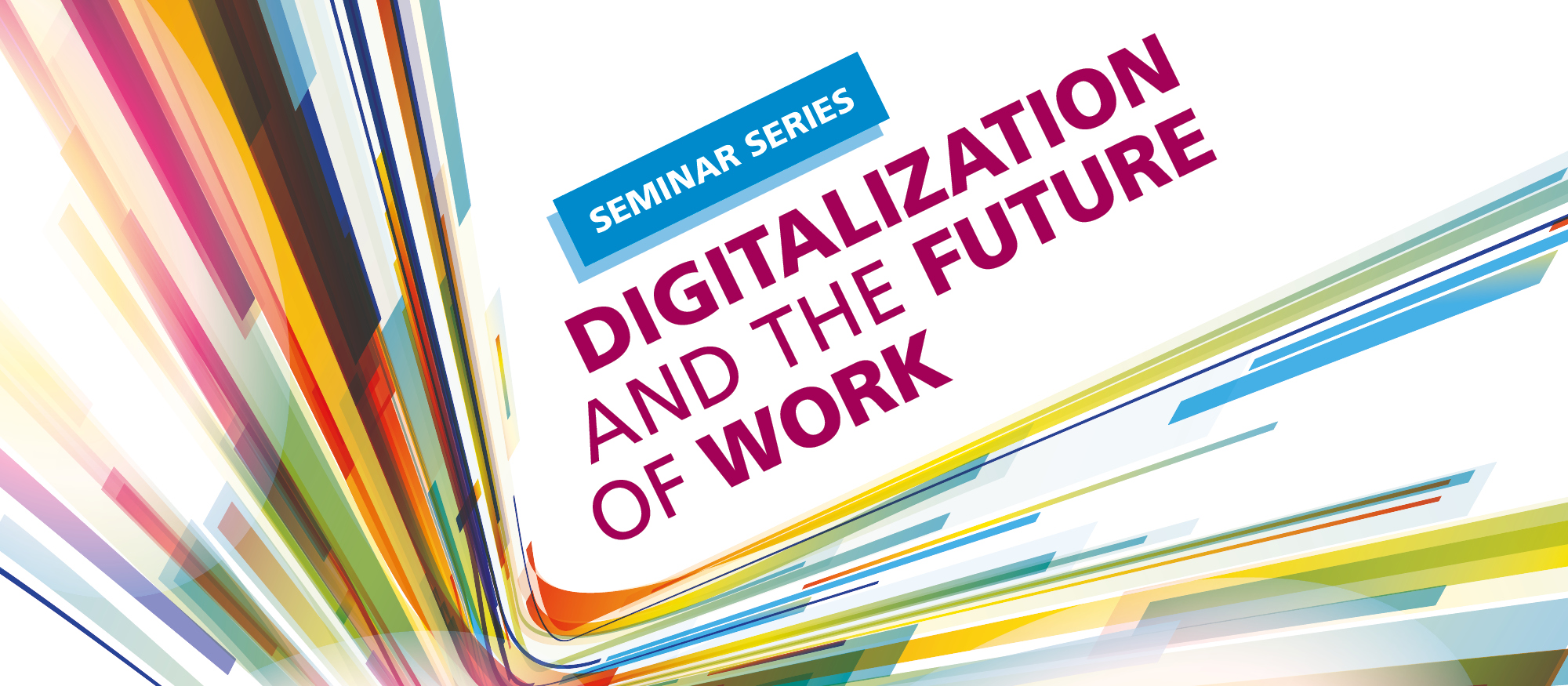
Digitalization is indubitably one of the most important and impactful transformations of our age. Like all new technologies, digitalization creates new opportunities but also new challenges. By greatly facilitating and accelerating the flow of information, digitalization has the potential to increase efficiency in production; to link geographically distant producers and consumers, and to enable more informed decision-making and thus to reduce discrimination. At the same time, however, information technology already has rendered scores of workers redundant, in particular those specialising in repetitive but cognitively or physically demanding tasks. Where large numbers of workers are rendered redundant, new economic vulnerabilities are sure to follow. The increased availability of information also enables new and more invasive forms of surveillance at the workplace, potentially threating worker rights to privacy and their ability to organize. Finally, new forms to organize production processes such as ‘crowdwork’, where certain tasks are outsourced via online platforms to freelance workers without regular employment contracts, without social security coverage and often also living in different jurisdictions, challenge existing models of industrial relations and welfare state institutions.
In this new Seminar Series, we will discuss the various opportunities and challenges created by digitalization with leading researchers studying the digital transformation but also the economic actors actively driving and managing it. A particular emphasis will be put on creating new ideas for future research into the causes and effects of digitalization.
